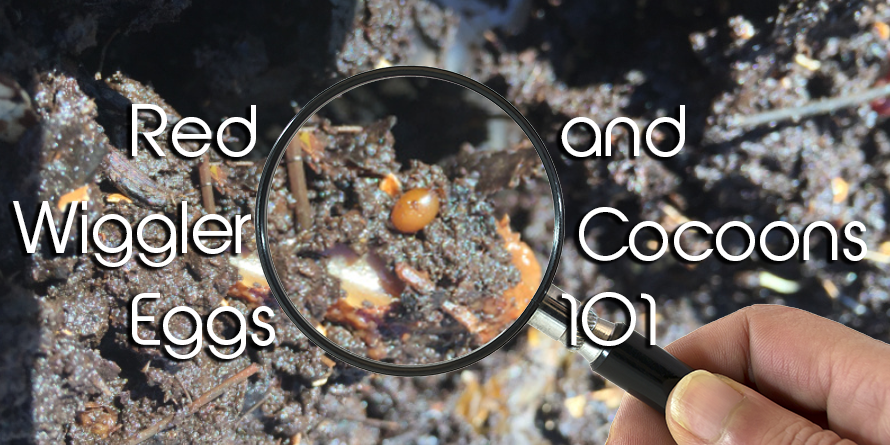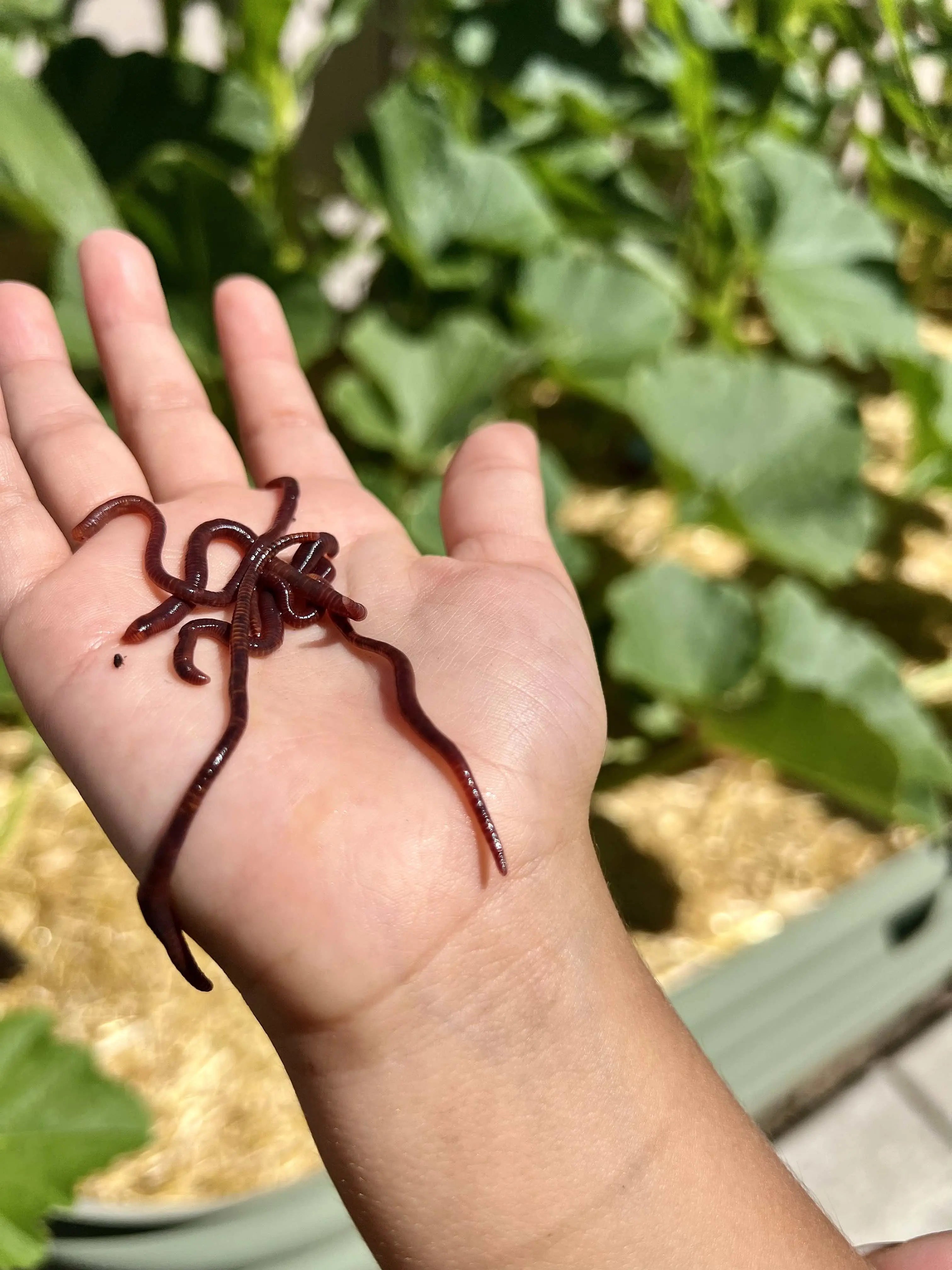Discover How Lake Hickory Bait Can Improve Your Lawn’s Growth and Vitality
Discover How Lake Hickory Bait Can Improve Your Lawn’s Growth and Vitality
Blog Article
The Amazing World of Red Wigglers: Increase Your Soil Fertility Today
These little yet reliable organisms change natural waste into beneficial worm castings, substantially improving soil health and advertising lasting practices. As we check out the advantages of vermicomposting and the useful actions to develop an effective worm bin, the possible impact of these worms on your gardening success ends up being significantly noticeable.
Comprehending Red Wigglers
Red wigglers, clinically called Eisenia fetida, are a varieties of earthworm that play an essential function in enhancing soil fertility. These worms flourish in organic-rich settings, such as garden compost piles and decaying plant material, where they take in natural waste and eliminate nutrient-dense spreadings. Their unique anatomy, featuring a segmented body and a clitellum, enables them to replicate swiftly and successfully procedure huge quantities of raw material.

The eco-friendly importance of red wigglers extends past simple waste handling; they add to the soil food internet, promoting a varied neighborhood of microorganisms that better improve dirt health and wellness. Understanding the biology and actions of red wigglers is necessary for harnessing their complete potential in lasting agriculture and horticulture practices.
Advantages of Vermicomposting
(Red Wiggler Express)Utilizing the power of red wigglers via vermicomposting offers numerous benefits that dramatically improve soil health and fertility. One of the primary benefits is the manufacturing of nutrient-rich worm spreadings, which are an excellent all-natural fertilizer. Red Wiggler Express. These spreadings have important nutrients like nitrogen, phosphorus, and potassium, advertising durable plant development and enhancing plant yields
The visibility of worm castings improves dirt appearance, permitting for much better water retention and water drainage. Red wigglers assist break down natural matter, accelerating decomposition and reusing nutrients back into the soil.
Vermicomposting additionally fosters microbial activity, which is important for a healthy soil ecosystem. Beneficial bacteria grow in the presence of worm spreadings, aiding in the failure of natural materials and enhancing vitamins and mineral schedule to plants.
Last but not least, vermicomposting works as a reliable waste monitoring option, lowering land fill waste by recycling cooking area scraps and various other natural products. This not only adds to environmental sustainability yet also promotes a circular economic climate within horticulture and farming.
Exactly How to Establish a Worm Bin
Establishing a worm bin is an uncomplicated process that can dramatically enhance your composting efforts. Begin by picking an appropriate container, which can range from a readily available worm bin to an easy plastic or wooden box (Red Wiggler Express). Ensure the container has sufficient air flow; tiny openings in the lid and sides will help with air circulation
Next, develop a bed linens layer to offer a comfy atmosphere for the red wigglers. This can be made from shredded paper, cardboard, or coconut coir, dampened to a moist, sponge-like uniformity. Fill up the bin to about one-third complete with this bed linens material.
When the bed linen is prepared, it's time to present the worms. Red wigglers prosper in organic waste, so area them gently onto the bed linens. Cover the worms with a light layer of additional bedding to help them accustom.
Feeding Your Red Wigglers
Offering the best food for your red wigglers is crucial for their health and the efficiency of your composting system. Red wigglers thrive on a different diet regimen, mainly including organic materials such as vegetables and fruit scraps, coffee premises, and shredded paper. These materials not only provide important nutrients however additionally add to the microbial task in the worm container, which is essential for the worms' food digestion.
It is necessary to prevent particular foods, such as dairy products, oils, and meats, as these can draw in parasites and create unpleasant odors. In addition, citrus peels and overly spicy foods must be restricted as a result of their potential to harm the worms. A balanced technique to feeding entails keeping track of the quantity of food presented to the container, ensuring that it is consumed within a sensible period to stop excess waste build-up.
To advertise optimum food digestion, it is valuable to slice or shred bigger food items prior to adding them to the bin. This method increases the surface for microbial action, assisting in quicker disintegration and boosting the total performance of your composting system. Frequently observing the worms' feeding practices will assist you adjust their diet as required.
Using Worm Castings in Your Yard

(Lake Hickory Bait)Integrating worm spreadings into your yard can be completed by mixing them into the dirt or using them as a top clothing. The slow-release nature of these castings guarantees that nutrients are available to plants over an extensive period, reducing the demand for artificial fertilizers. In addition, worm castings contain valuable bacteria that promote healthy and balanced soil ecosystems, improving the overall strength of your garden.
To maximize the advantages, aim to use roughly one component worm castings to 3 parts dirt in your planting beds. Routine applications can lead to enhanced crop yields and much healthier plants, making worm castings a very useful resource for both amateur and skilled garden enthusiasts alike. By utilizing this all-natural amendment, you can cultivate a growing garden while adding to sustainable gardening techniques.
Conclusion
Finally, red wigglers exhibit the vital function of vermicomposting in boosting soil fertility. Their capability to convert visit site natural waste into nutrient-rich castings substantially enriches soil framework and sustains microbial diversity. Establishing a vermicomposting system not just advertises sustainable horticulture practices but likewise adds to ecological health and wellness. By leveraging the advantages of these remarkable organisms, gardeners can grow extra productive and durable environments, inevitably fostering a more sustainable technique to farming and cultivation.
Report this page